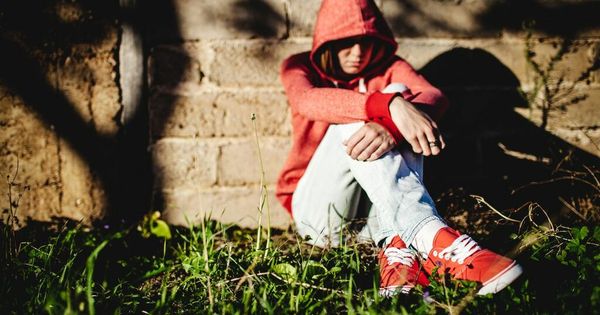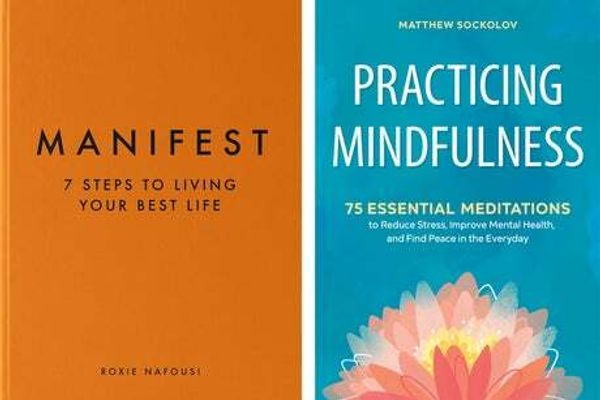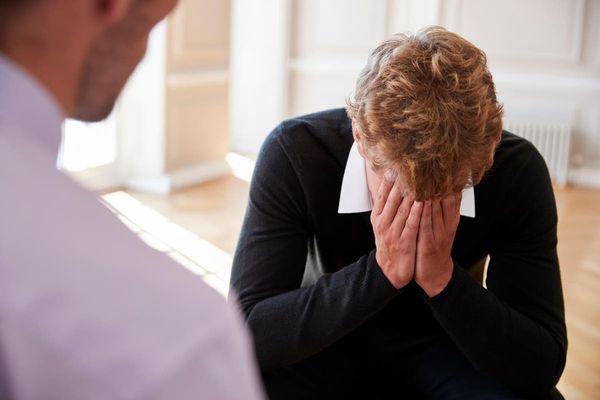
Millions of teens are struggling to cope with their mental health and social pressures, it has been claimed.
A poll of 1,000 teenagers found 31 per cent had struggled with their mental health, feeling that way for an average of more than two years.
And 56 per cent regularly felt anxious, with social media and the increased cost-of-living blamed.
It also emerged the average teen felt anxious for the equivalent of nine days each month.
As a result, they used techniques such as breathwork, speaking to a loved one and exercise to keep their mind at bay.
Journaling, listening to a podcast and meditation were other ways young people calmed their mental health, according to research commissioned by the mental wellness app Headspace.
But 89 per cent of those who had struggled with their mental health had been in a situation where they needed help with their wellbeing but were not sure how to access this support.
And 13 per cent felt unsupported by the people around them and professionals.
It also emerged 31 per cent of all teens polled had signed up to receive support with their wellness but were on a waiting list for more than five months on average.
This has led to calls for more support groups specifically for teenagers (27 per cent), wellbeing lessons in school (25 per cent), meditation workshops (21 per cent) and the opportunity to skip school when they are feeling low (24 per cent).
Sam Snowden, a mindfulness teacher at Headspace, said: “It’s important to remember that adolescents don’t have enough tools to navigate the highs and lows of life.
“When experiencing intensely difficult emotions for the first time, they may assume that this is how life will be going forward.
“This can be dangerous as they may begin to believe negative thoughts like “nothing matters” and “things will never get better”.
“It’s up to us as adults to get teens the help they need by connecting them with skilled and empathic mental health providers and peer support.”
The study also found 51 per cent of those polled believed stress at school, university and their workplace had negatively impacted their mental wellbeing.
But 16 per cent admitted this had affected their schoolwork, while 15 per cent believed it had impacted their friendships.
To cope with this, 84 per cent of those who have struggled with mental health felt comfortable talking to their pals about their wellbeing.
And 38 per cent looked up to their friends and family as mental health role models, according to the survey by OnePoll.
However, two in 10 said they did not have anyone to look up to in terms of mental health support.
It also emerged 62 per cent would like to learn more about ways to ease stress, with 61 per cent unaware of the potential benefits of meditation and mindfulness.
Mr Snowden added: “It’s promising that teens are showing more openness and acceptance of mental health issues, decreasing the stigma and secrecy around it.
“It’s troubling, however, to know how difficult it can be to navigate the mental health system that may require being on a waiting list for weeks or months before receiving care.
“Talking to family and friends is incredibly helpful as teens know they don’t have to suffer alone and that they’re surrounded by people who want to help and listen with compassion.
“Practicing the tools of mindfulness help to decrease rumination and help teens observe difficult thoughts with openness and self-compassion instead of self-criticism and suppression.”










